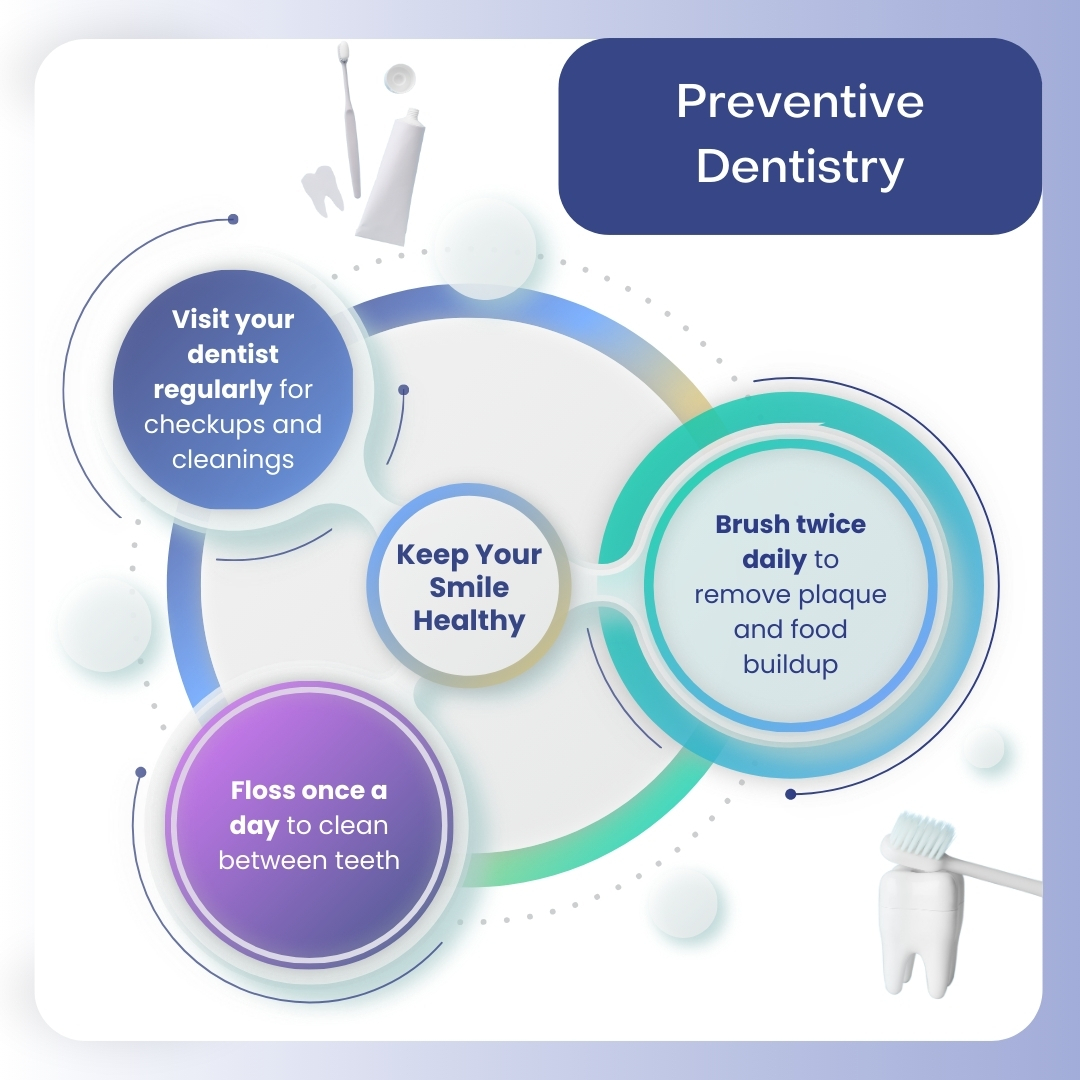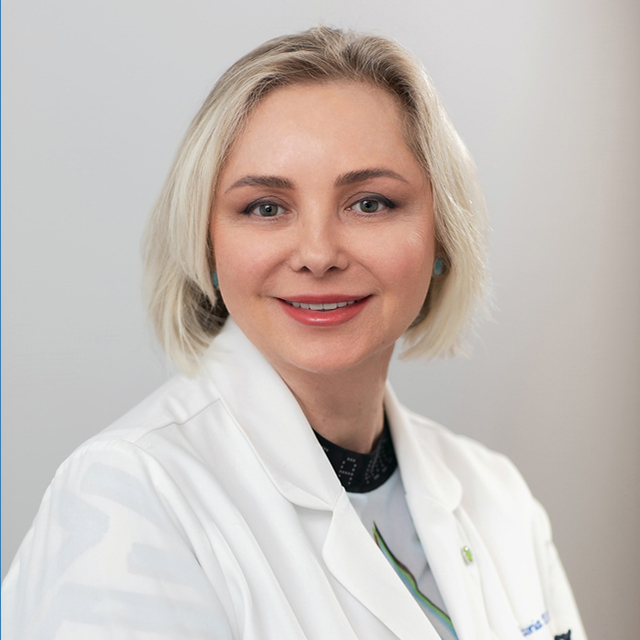Table of contents
There’s a reason why dentists recommend six-monthly checkups and hygiene appointments as this simple routine really can help prevent pain, and it saves time and money too. Other preventive dental care measures include twice-daily brushing and once-a-day flossing, and if you have kids, it’s vital to get them into a regular oral care routine from a young age.
Brush your teeth at least twice daily, first thing in the morning and last thing at night. Of course, if you want to brush after meals, that’s even better. When you brush your teeth, you remove dental plaque and food build-up. Dental plaque is a sticky biofilm containing harmful bacteria that builds up over your teeth between tooth brushing sessions.
The bacteria in dental plaque live on excess food particles trapped on and around your teeth. Failing to brush your teeth often enough lets these bacteria thrive, creating problems that include tooth decay and gum disease. When food becomes trapped on and around your teeth, it can quickly begin to rot, which smells extremely unpleasant.
Most people don’t think twice when they brush their teeth as it’s an almost automatic habit learned during childhood. However, unless you pay attention when you brush your teeth, it’s most likely that you will miss out on certain areas, allowing plaque to harden into tartar or calculus. This substance is only removable during your professional dental cleanings.
When brushing your teeth, hold the brush at a 45° angle to the gum line so it can get right down to the gums, and the bristles will reach just below your gum line where plaque tends to build up. Use small gentle circular motions to clean your teeth, and you don’t need to use a lot of pressure. Brushing teeth too hard damages them and damages your gums. Not sure of how to brush correctly or want a quick refresher course? Ask your dentist or hygienist for help next time you see them.
Tooth brushing is great for cleaning tooth surfaces, but your toothbrush cannot get right in between your teeth, and this is just where dental plaque and food debris becomes trapped. Those contact areas between your teeth add up to around one-third of your tooth surfaces. Flossing is even more important with dental appliances like braces, or if you have dental implants that need more care to keep them meticulously clean.
Dentists know that many people find flossing tricky at best, but there are ways to floss effectively and easily. Your dentist can advise you on which floss is best to use as there are super thin flosses for people with tightly packed teeth. Otherwise, ask your dentist about using other tools like interdental brushes or a water pik.
Here is a list of preventive dental procedures everyone should be aware of:

Regular checkups form the cornerstone of any good preventive dental care plan. When you first see your dentist, they will assess your dental health and review your medical history, formulating a treatment plan designed to help you gain an optimal level of oral health. You will learn how frequently you need to see the dentist on how often you should have your teeth cleaned professionally. While most people need to see their dentist only every six months, some may need to see them more frequently if they have any underlying health problems or ongoing dental issues that require monitoring more closely.
At every dental checkup, your dentist will check the condition of every single tooth and your gums, and the condition of your oral tissues. They can regularly perform oral cancer screenings, a quick and non-invasive check that could save your life. If your dentist does find any small problems, they can choose to monitor them or treat them at a stage when it’s much easier and less invasive to put things right. Also, treatment will most likely be cheaper than leaving a small problem to develop into something bigger and potentially painful.
Professional dental cleanings are also important, and most people book an appointment to see the hygienist when they see their general dentist. This way, they can get everything done in as little as an hour. During your professional dental cleaning, your hygienist will check the condition of your mouth and gently removes all hardened plaque in the form of tartar or calculus. Because calculus contains harmful bacteria, regularly removing it helps to keep your gums and teeth healthy. Also, your hygienist can review your oral care plan with you, making sure you are brushing and flossing correctly. If needed, they can give you some tips and tricks on how to improve your oral care routine.
While good dental care significantly reduces the risk of you developing gum disease or tooth decay or other dental issues, it also helps protect your overall health. Some major health problems are linked to poor dental health, including heart disease, respiratory diseases, diabetes, osteoporosis, dementia, and cancer. Having a premature baby or a baby with a low birth weight has also been linked with poor dental health and is why pregnant women need to see their dentist regularly and
When you look after your mouth, you know it always looks its best, and it shows you care about your appearance and general well-being. Regularly seeing a top dental specialist at My NJ Dentist helps to reduce any severe dental fears or anxiety because you know if your dentist finds anything wrong, it will almost certainly be minor and easily put right.

My name is Victoria Kushensky. I am a general dentist dedicated to remaining at the forefront of my field. Combining compassionate care with extensive knowledge, I offer cosmetic and general dentistry services as well as advanced root canal treatments.
I earned my Doctor of Dental Surgery (DDS) degree from the esteemed New York University College of Dentistry. Throughout my career, I have honed my skills in various dental procedures, ensuring effective treatment for each patient’s unique needs. I prioritize patient comfort and understanding, taking the time to thoroughly explain procedures and address any questions.
More about Dr. KushenskyMy NJ Dentist: Victoria Kushensky, DDS
385 Prospect Ave Suite 304
Hackensack, NJ 07601
(201) 298-8000